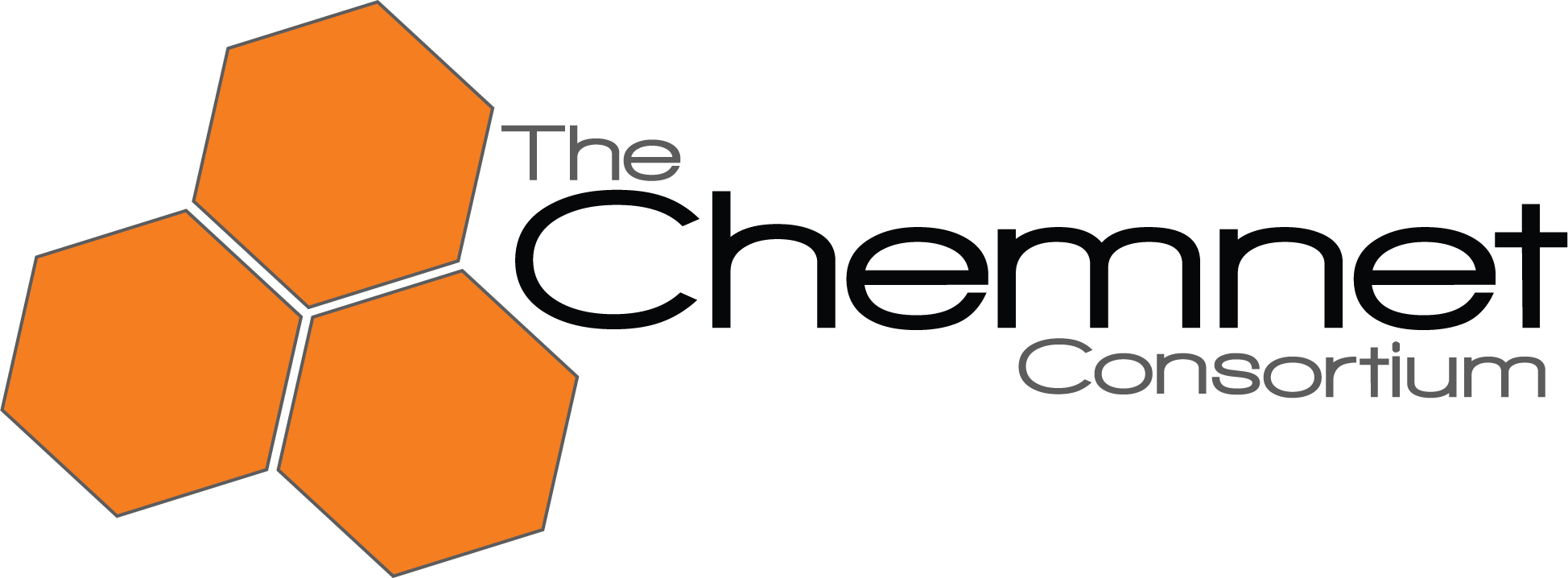By Karen Pierce, Working Partners*
The last two and a half months have been a giant roller coaster ride, and not a fun one.
Employers have had to reexamine everything about their business – how to comply with ever-changing government guidelines, how to keep their employees safe and healthy and, most critically, how to keep the lights on. At the same time, employees have had to navigate working from home, being furloughed, social distancing in the office, becoming teachers to their kids and more stress than they are used to.
Amidst all this change and uncertainty, it is likely that the usual outlets people turn to for entertainment and coping with stress are either unavailable or not working as well as they used to, leaving folks to look for alternatives. At the same time some disconcerting trends are appearing around alcohol and other drugs. Combined, this means that employees, whether struggling with substance use disorder, working to maintain their recovery or trying to make healthy decisions, are experiencing situations that put them at risk:
- Increased societal preoccupation with alcohol use (e.g., virtual cocktail/happy hours)
- Increased availability of alcohol (e.g., alcohol and cocktail deliveries being actively promoted as ways for people to drink and stock up without leaving the house)
- Social isolation, resulting in more people spending time alone and feeling less connected to co-workers, friends and family
- A decrease in available support and accountability from counselors, self-help groups (e.g., Alcoholics Anonymous and Narcotics Anonymous) and from work as people have transitioned to working at home
- Increased stress and mental health challenges as we try to manage all the changes we are experiencing – without knowing when this will end or what the new “normal” will look like
Data indicates that people are spending more money on alcohol and other drugs since the pandemic started. The Neilson Report found a 55% increase in sales of alcoholic beverages over the same time last year. And many of the states who legalized the sale of marijuana are experiencing double-digit sales increases compared to earlier this year. This information, combined with statistics by the Well Being Trust which project that as many as 75,000 individuals will die from substance misuse or suicide because of the pandemic, makes for a bleak outlook regarding your workforce’s health and wellbeing.
But all is not lost, even though we are all on a roller coaster ride we’d like to get off, there are some simple things you can do to help both your employees and business:
- Remind employees about helping resources available to them. If you have an employee assistance program (EAP) and/or other wellness benefits, this is a perfect time to remind your employees about this specific benefit, how they can help and how to access it.
- Encourage employees in recovery to be upfront and honest if they feel their recovery is in danger.
- Share information to help employees cope with daily life during these times. Many states have a coronavirus-specific website containing resources. The Centers for Disease Control and Prevention (cdc.gov/coronavirus/2019-ncov/daily-life-coping) is also a great resource to turn to.
- Inform employees about low-risk drinking guidelines (e.g., rethinkingdrinking.niaaa.nih.gov) and other educational information about alcohol and other drugs to encourage and support healthy and safe behaviors.
For businesses operating a best-practice drug-free workplace program, the impact of these suggestions both support and are supported by your existing program. Remember, the most effective programs not only help employers mitigate the risks associated with employees’ misuse of substances, but also help provide education and information to prevent problems from occurring.
Therefore, even it if might be one of the last things on your mind, maintaining your drug-free workplace program – including education, drug testing and referring to assistance – provides employees consistency and support. Taking action now can help your employees make healthy choices and be productive despite this roller coaster ride and long after the ride is over.
Karen Pierce is the managing director of Working Partners®, a member of NDASA and a training and consulting firm specializing in helping workplaces minimize the risks associated with substance misuse. As a nationally recognized expert on drug-free workplace issues, Working Partners® has over 28 years of experience and services over 1,700 employers a year nationwide. Karen has worked in the alcohol/drug profession since 1982, served on a variety of task forces and think tanks, and has received several awards for her work in the prevention field.
For more information about Working Partners® products and services, including a variety of education and training options (e.g., live trainings and presentations, Training of Trainers, webinars and OnDemand 24/7) to support a best-practice drug-free workplace visit www.WorkingPartners.com.

